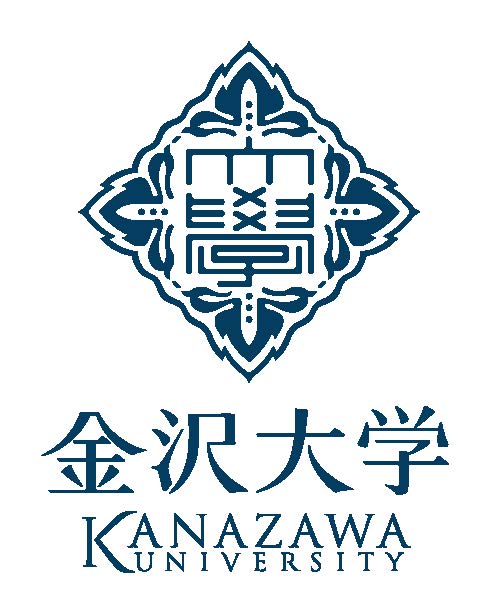|
taima[@]se.kanazawa-u.ac.jp
PLEASE DELETE【】characters for sending e-mail to
me. 1C510, Kadoma, Kanazawa, Ishikawa, 920-1192 Japan |
About Organic Photovoltaic cell and Taima Lab.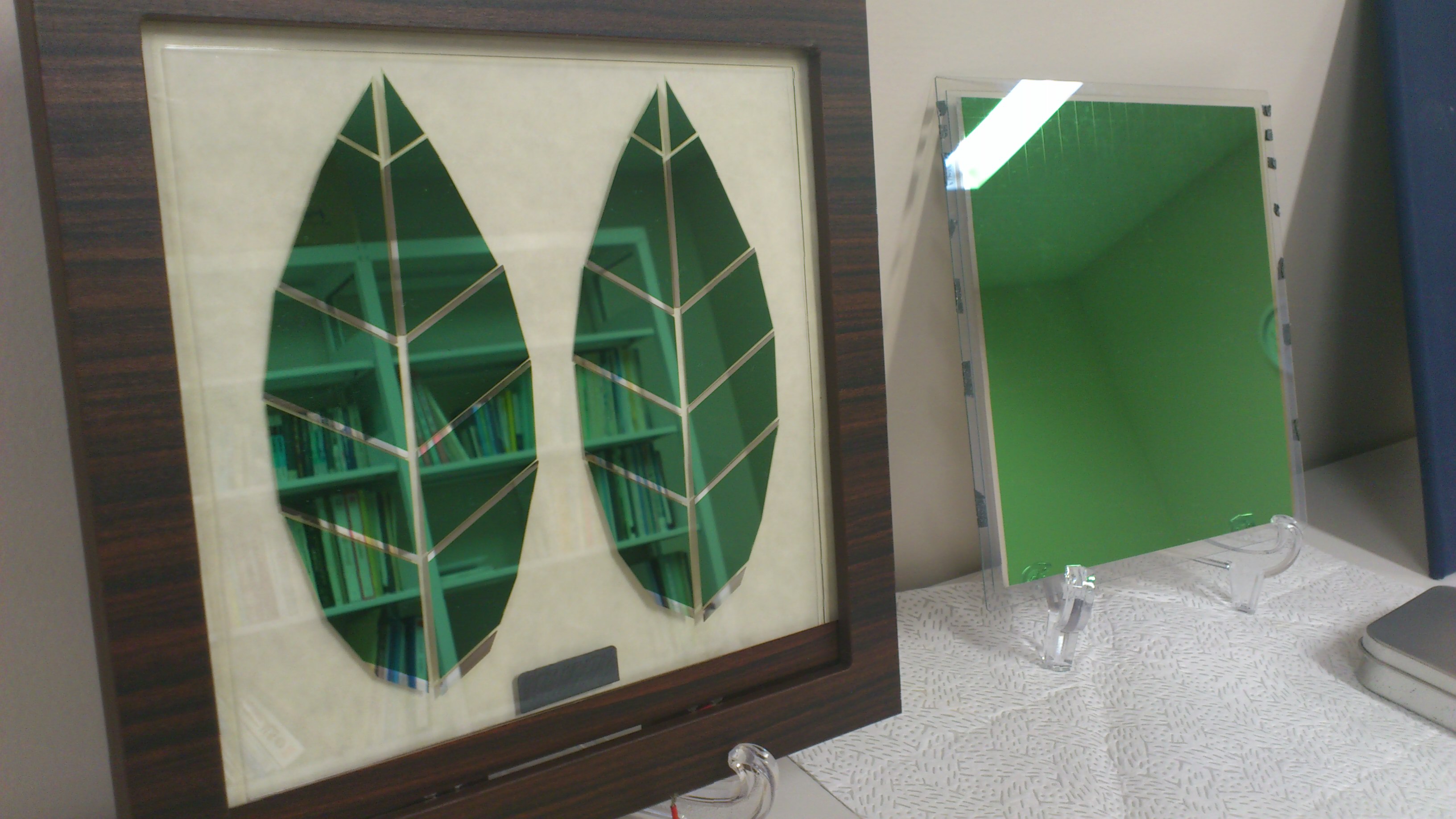 Some organic materials can act as inorganic semiconductors (Si), for example, fullerene, conjugated polymers, and phthalocyanine small molecules. Organic light emitting diode (OLED) and Organic field effect transistor (OFET) are developed for next generation semiconductor deviceelectronics because of the low manufacturing cost performance, light weight and flexibility. These devices have already been put into practical use. Solar cells based on organic small molecules and conjugated polymers materials are also expected to be low-cost alternatives to conventional inorganic (Si) solar cells. Undoubtedly therefore, organic photovoltaic (OPV) cells have a bright future in both of scientific research and industrial application. The potential to be widely used in future and can contribute to prevent global warming. 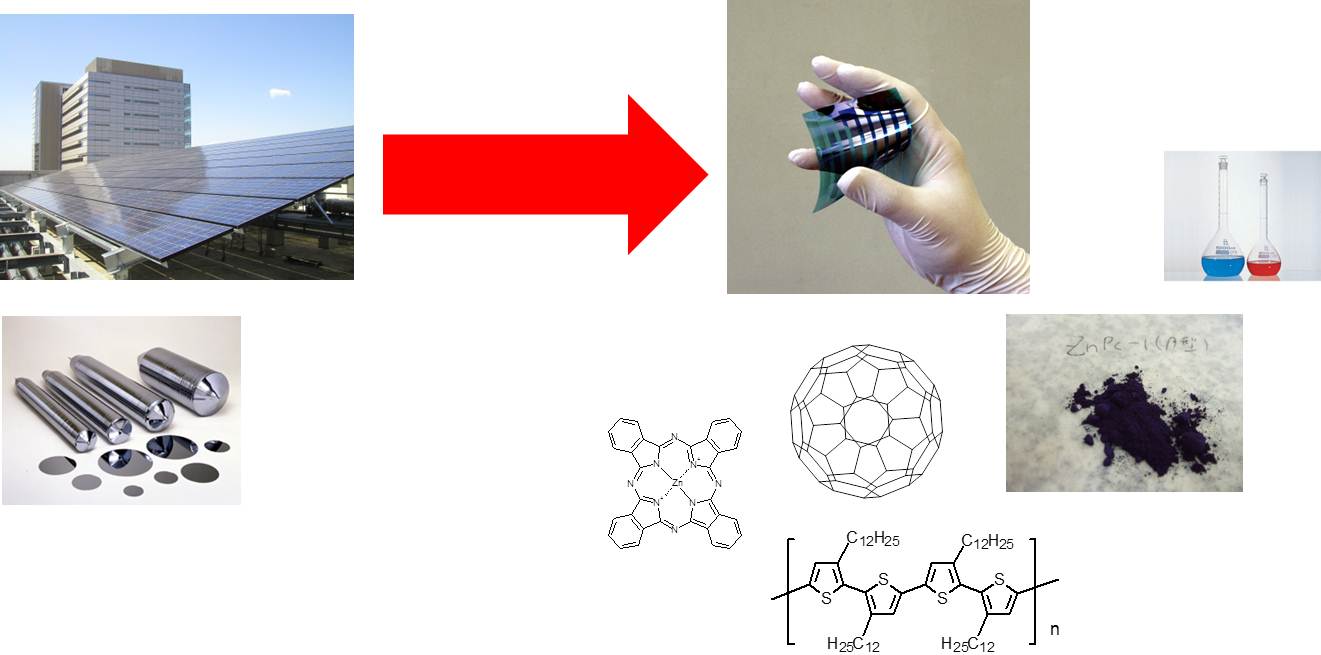 Two types of OPV cells are investigated in our Laboratory, polymer based OPV cell for wet-process and OPV cell based on small-molecules for dry-process. We provide world-top class facilities for the device fabrication (from bare glass to OPV device) and characterization. You can select the favorite way to research subject and of course, you can do any other research in advanced organic electronics. You, no matter who wants to work and study in the frontiers in science, no matter the background (physics, chemistry, organic, inorganic and so on) you have learned, are welcome to join us.  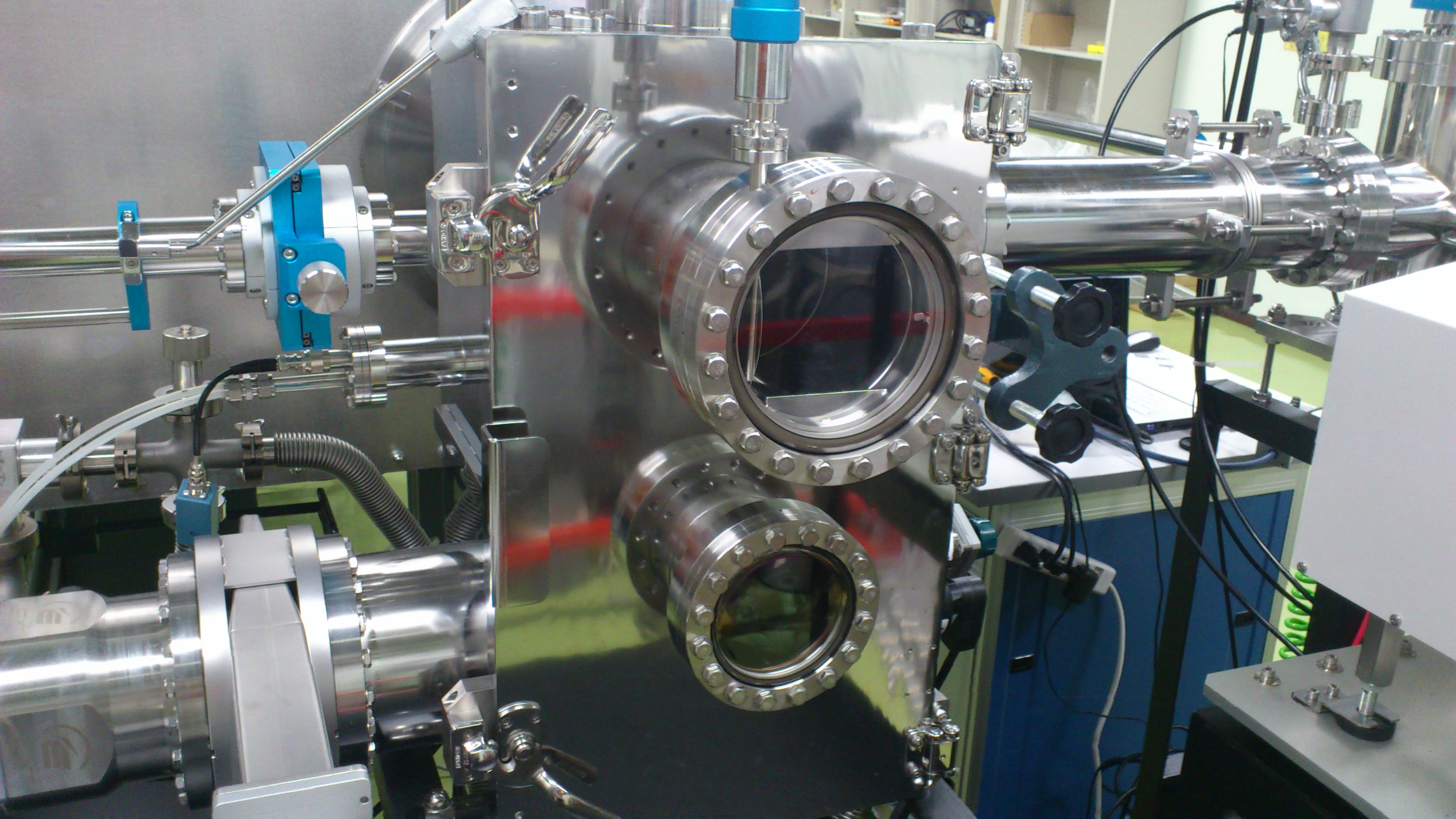 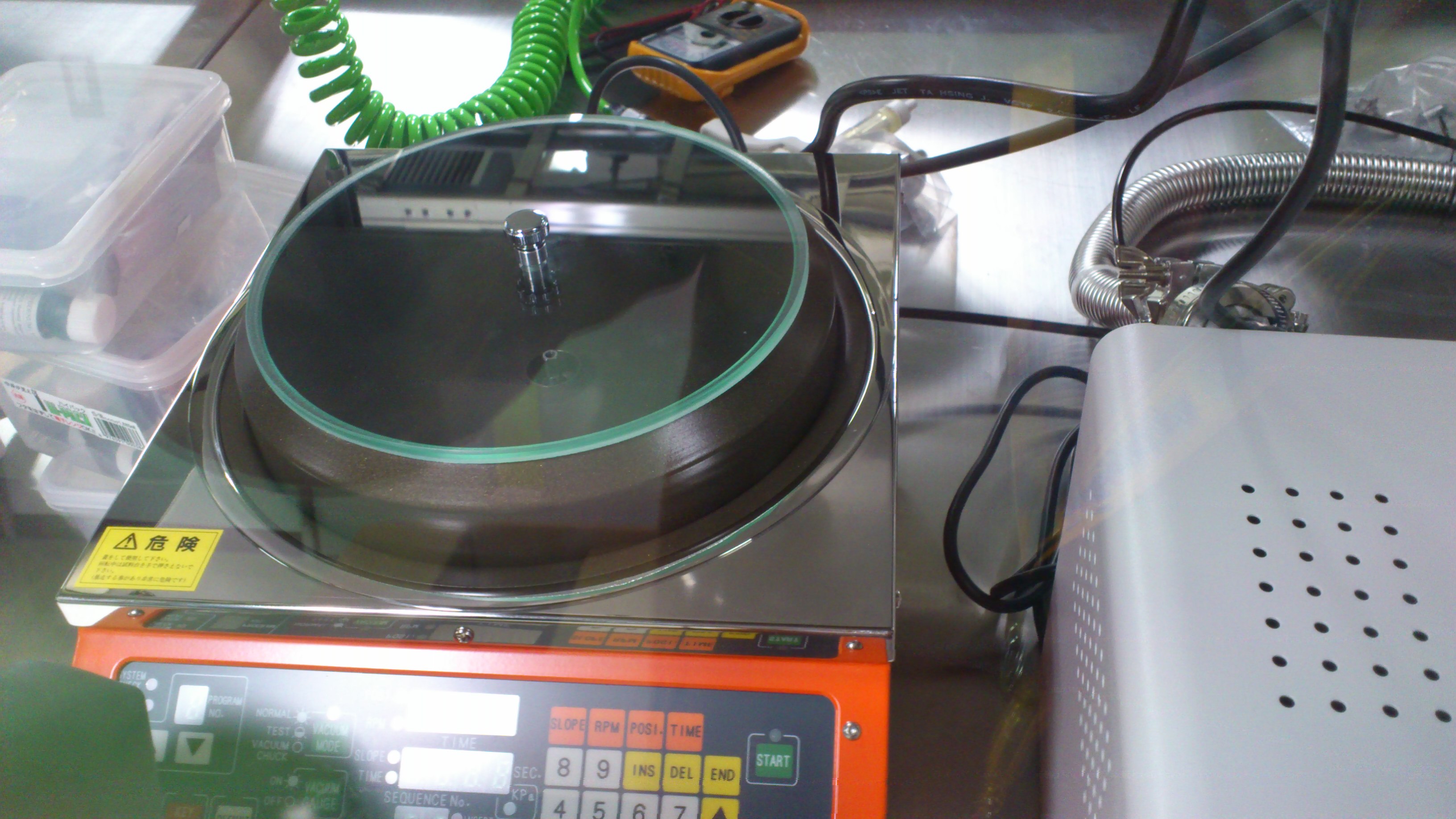 Main advantage is that organic materials allow development of thin, lightweight, colorful and flexible solar cells. For that reason, small-scale applications, such as for indoor use and mobile power systems, could put organic solar cells to practical use as ubiquitous solar cells in the near future. Of course, our dream (our final target) is large scale power plants based on OPV modules. We believe organic material has high affinity to agriculture as shown in below figure. In future, we hope to develop a greenhouse based on our OPV modules to produce both of crops and electronic power. 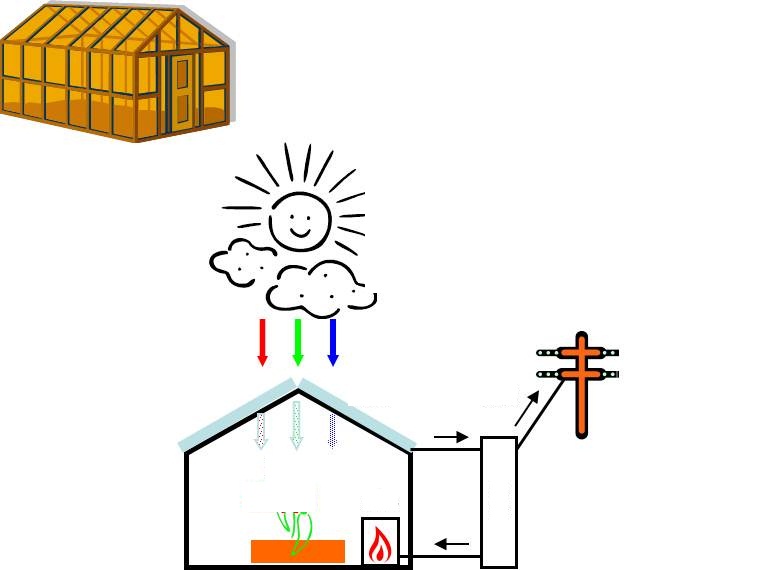 Our laboratory belongs to Research Center for Sustainable Energy and Technology (RSET) in Kanazawa University and collaborates with Electrochemistry Laboratory at Applied Chemistry Course, College of Science and Engineering in Kanazawa University. Associate Professor Taima also joins to JST PRESTO program. If you have interest in our research, please contact to associate professor Taima by e-mail. Tetsuya Taima |
